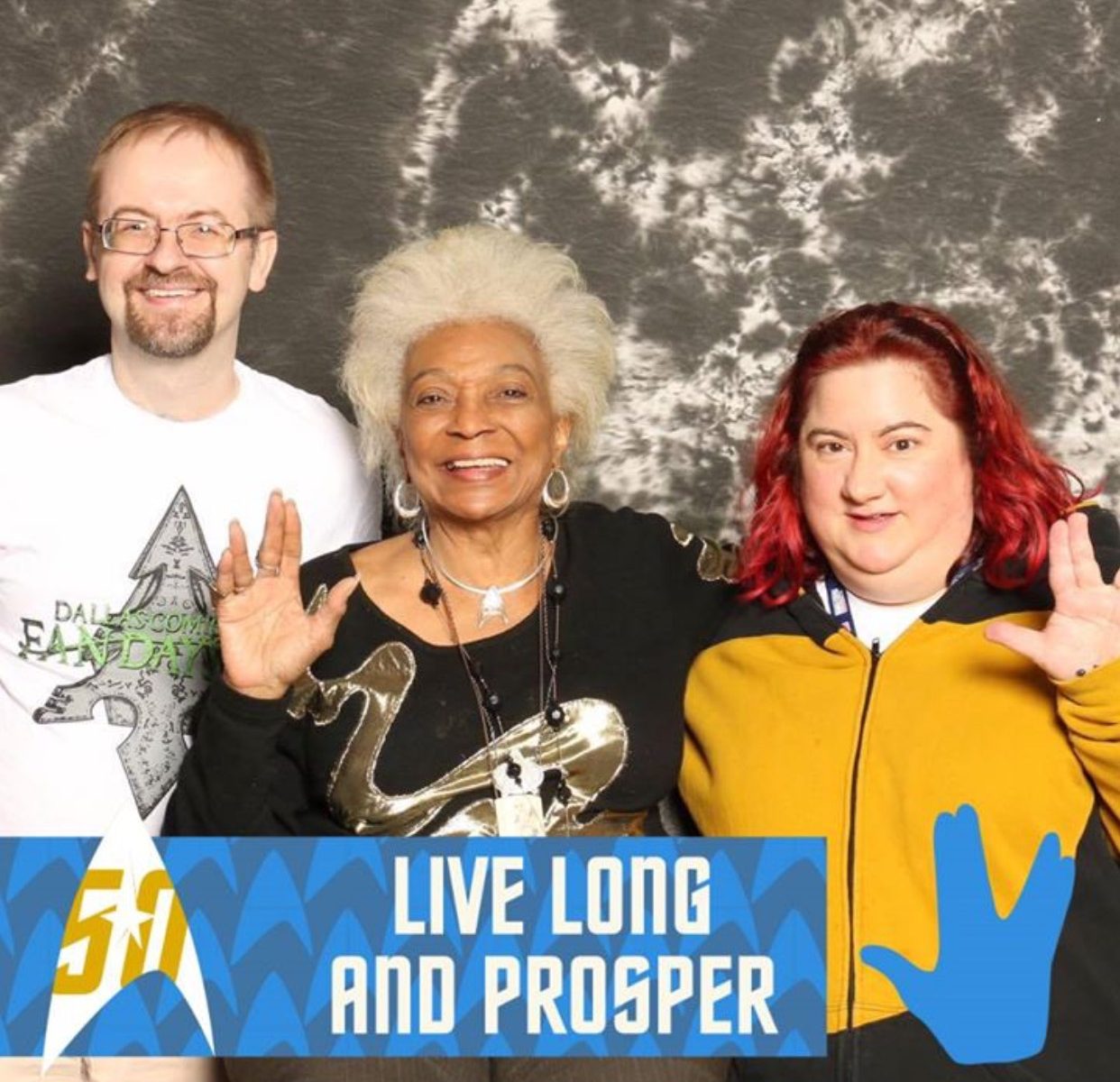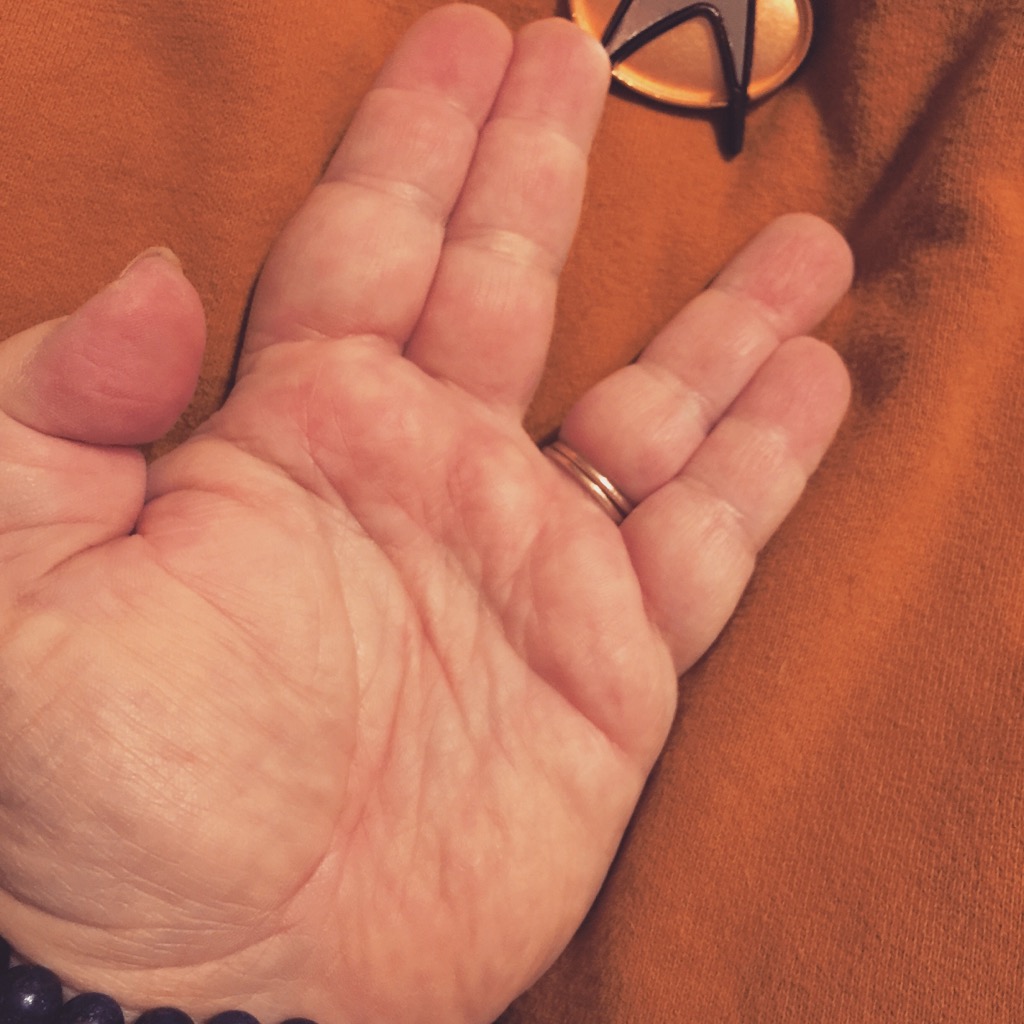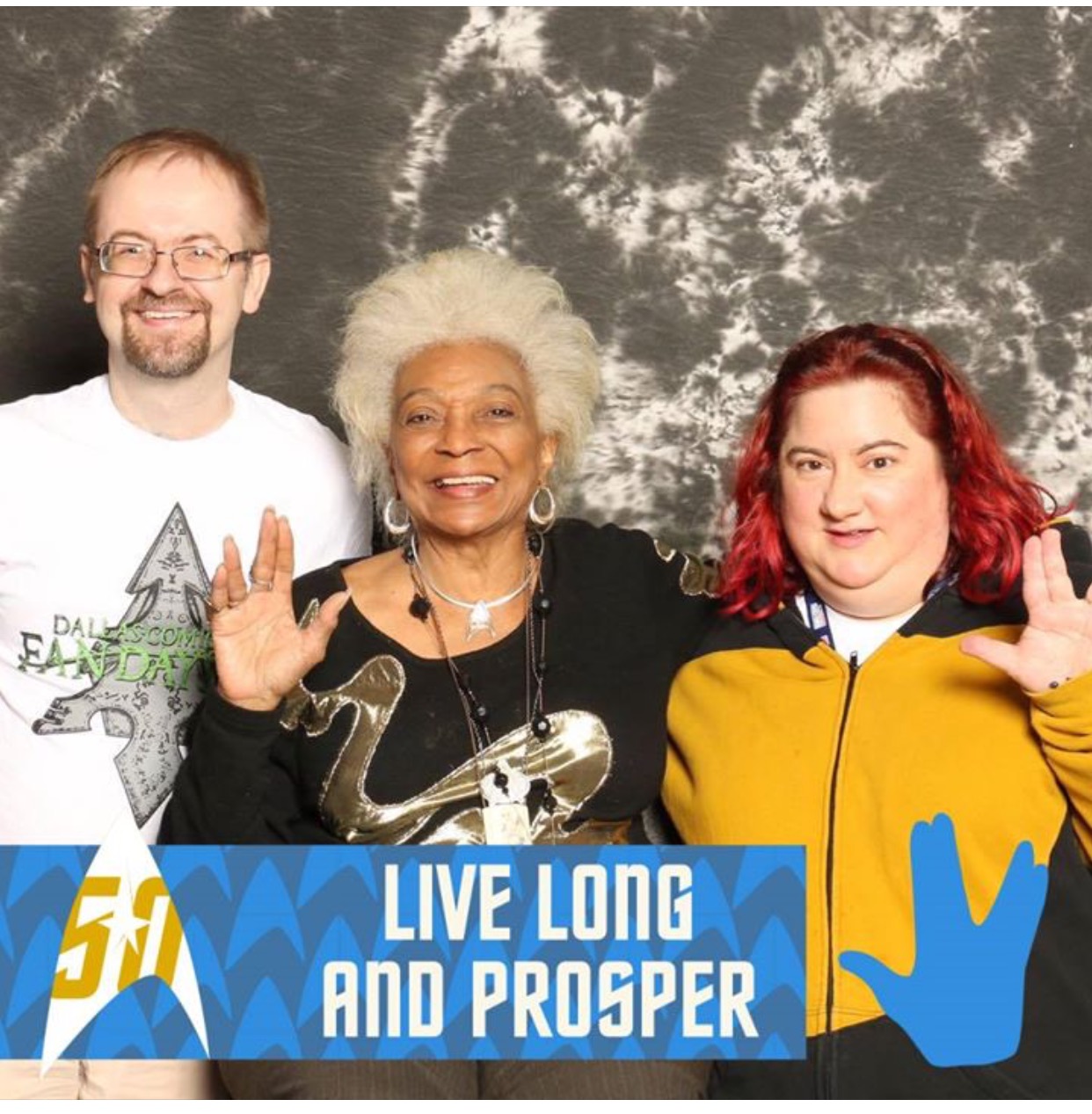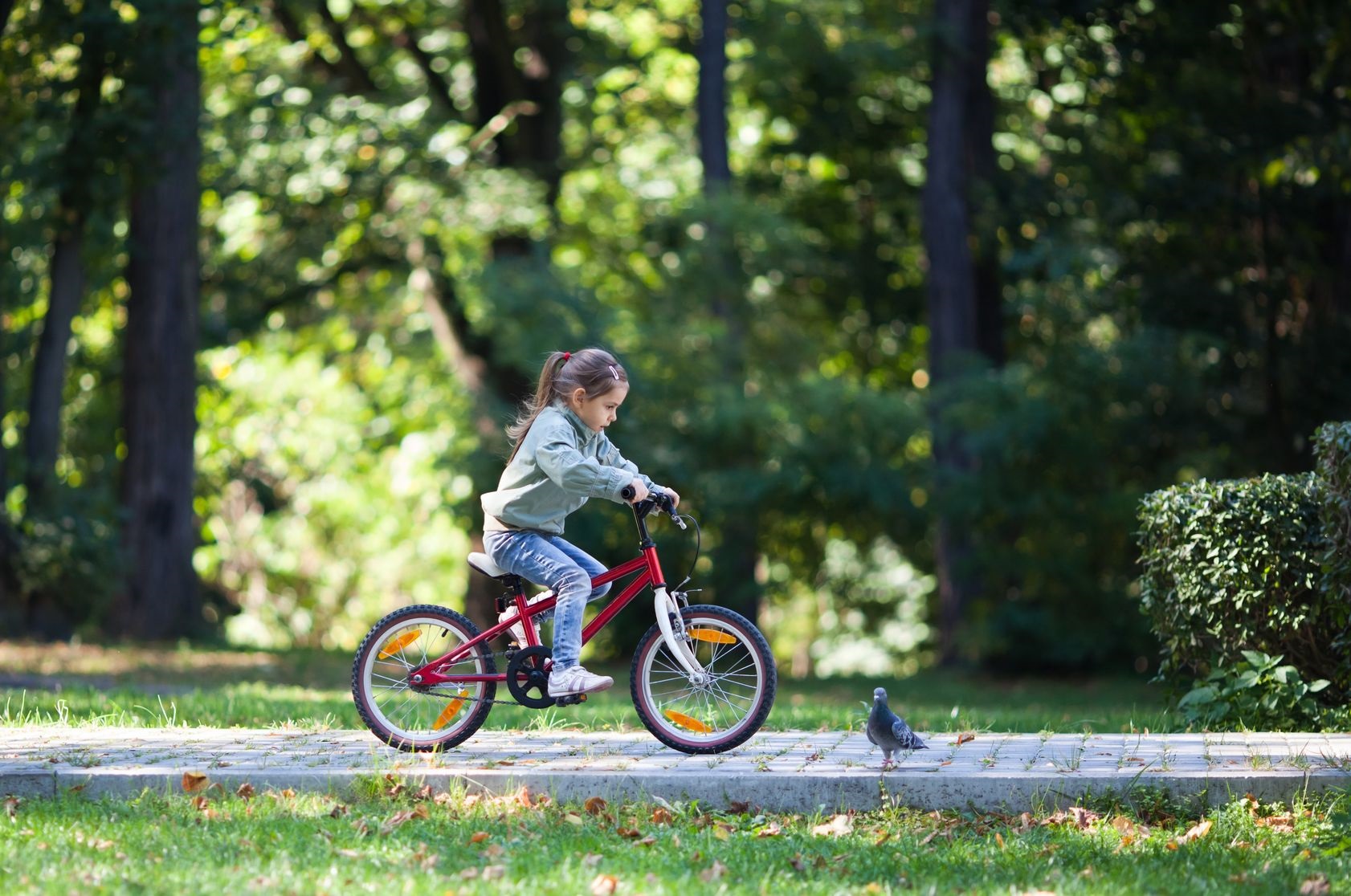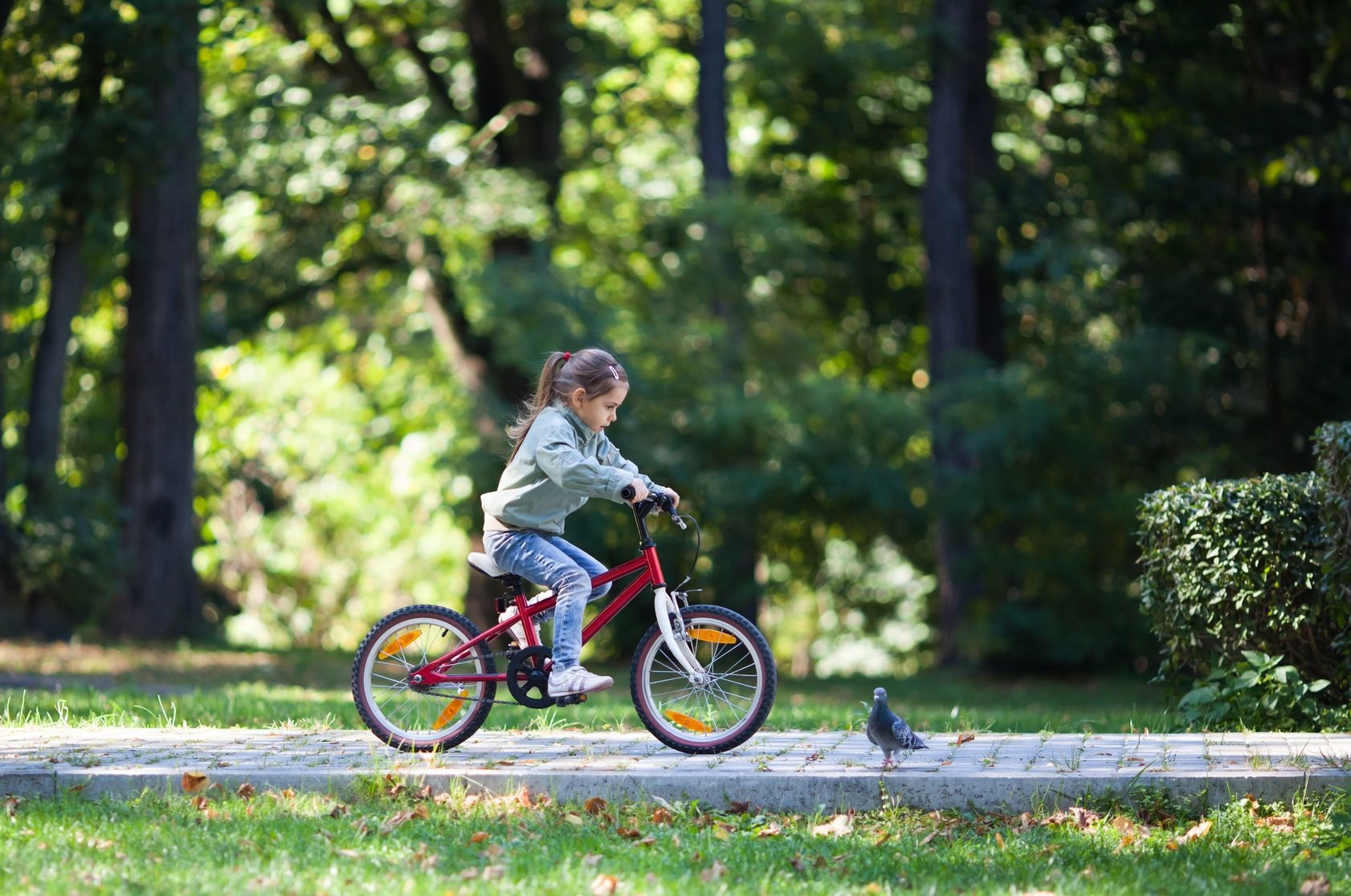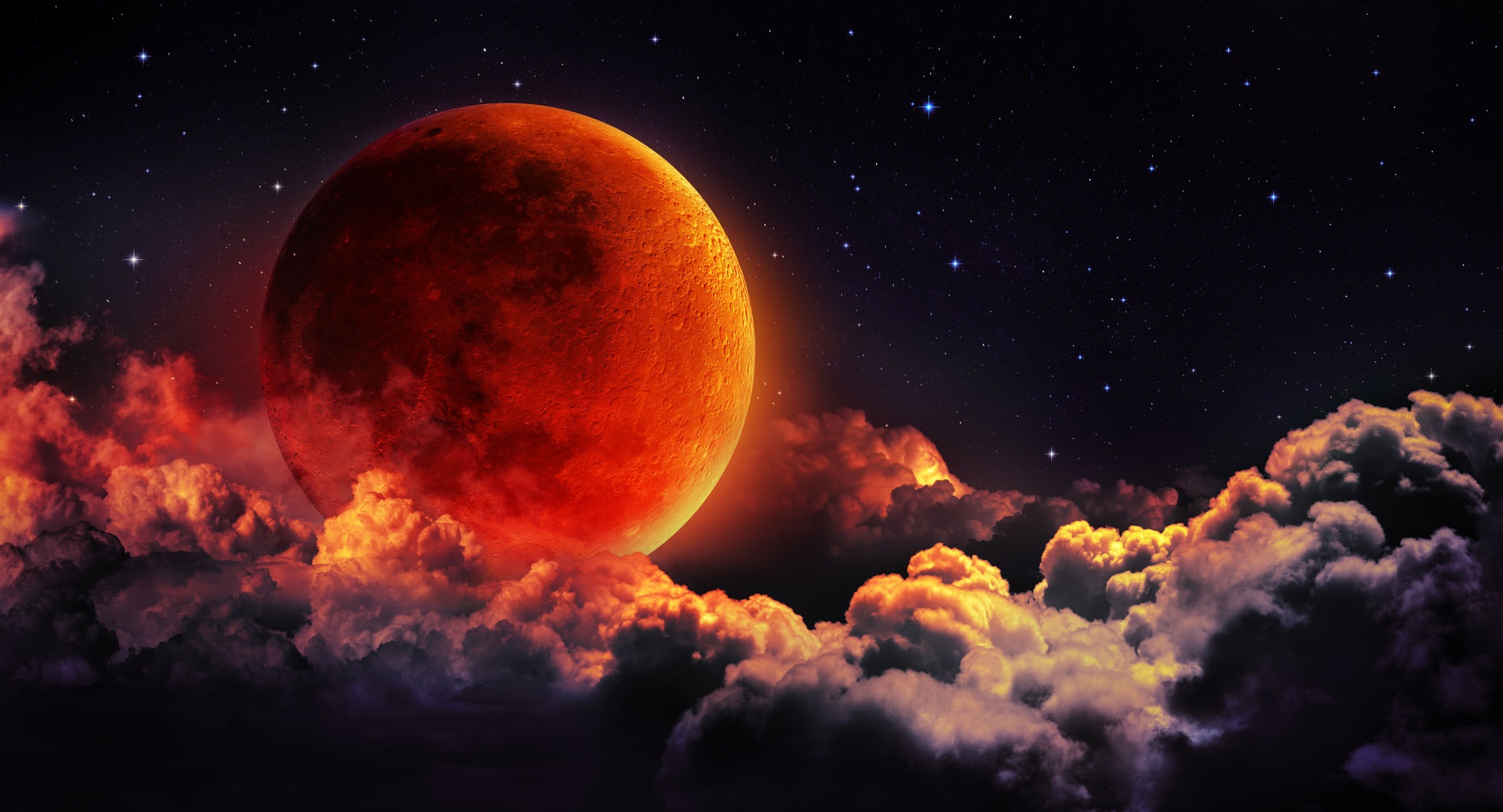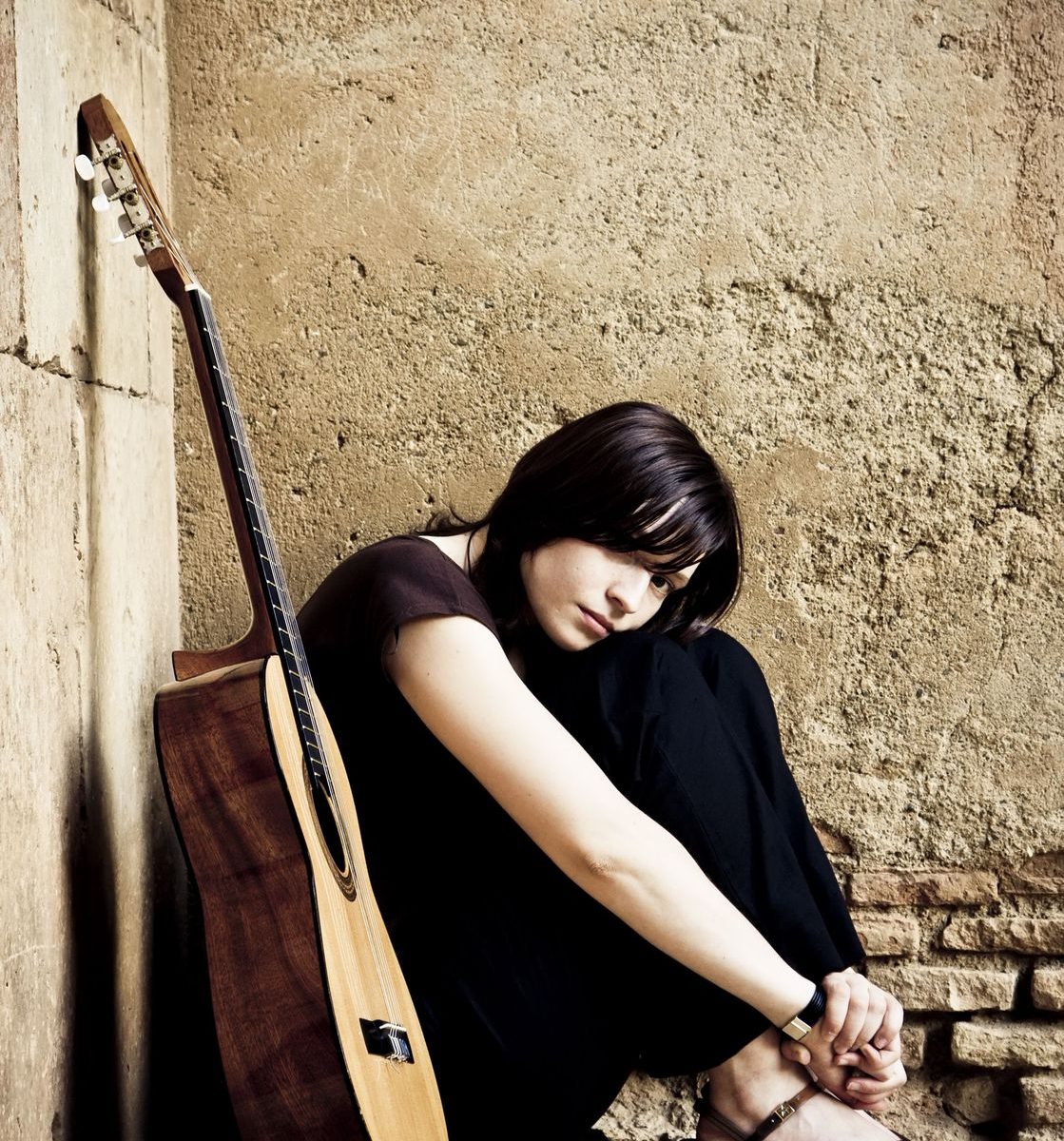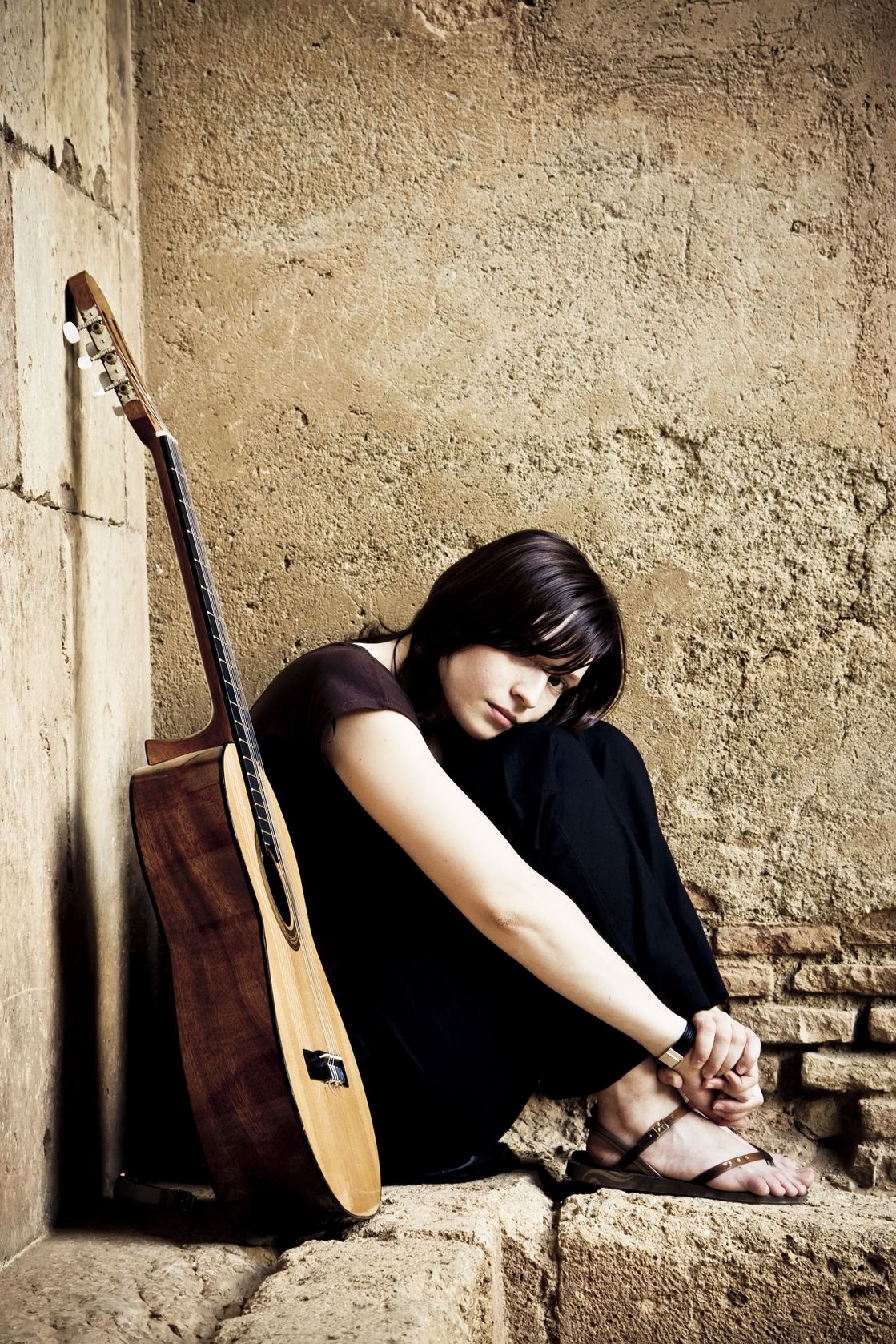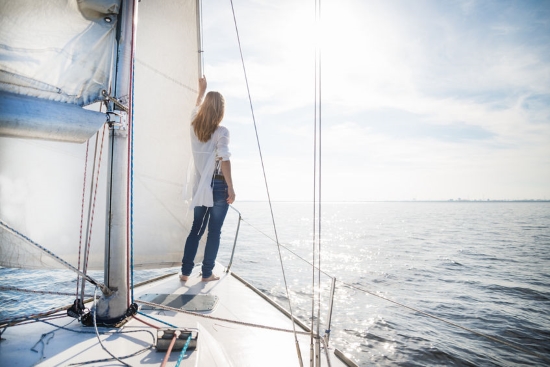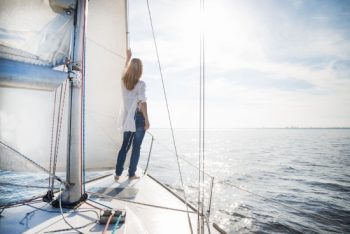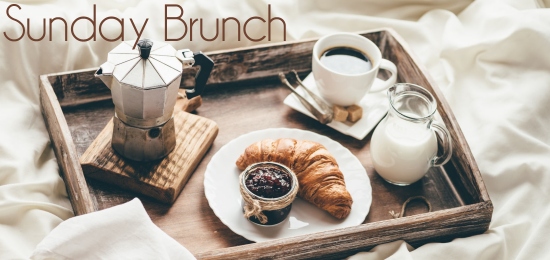
Yesterday morning, I sat in my sunny kitchen and read an email from my aunt, sent from her 19th-centry farmhouse in Connecticut. She had included pictures of her land, blanketed in the first snow of the season, and her cozy living room with her real pine Christmas tree (ours is plastic) with the snowy outdoors in the background.
Instantly, I was nostalgic for snow.
If you asked, I would tell you that I don’t do winter, that I’ve ‘done my time’ with snow. It’s true, I never want to live in a place with Serious Winter again, but there are times – usually around the winter solstice – that I find myself longing for a snowed-in weekend.
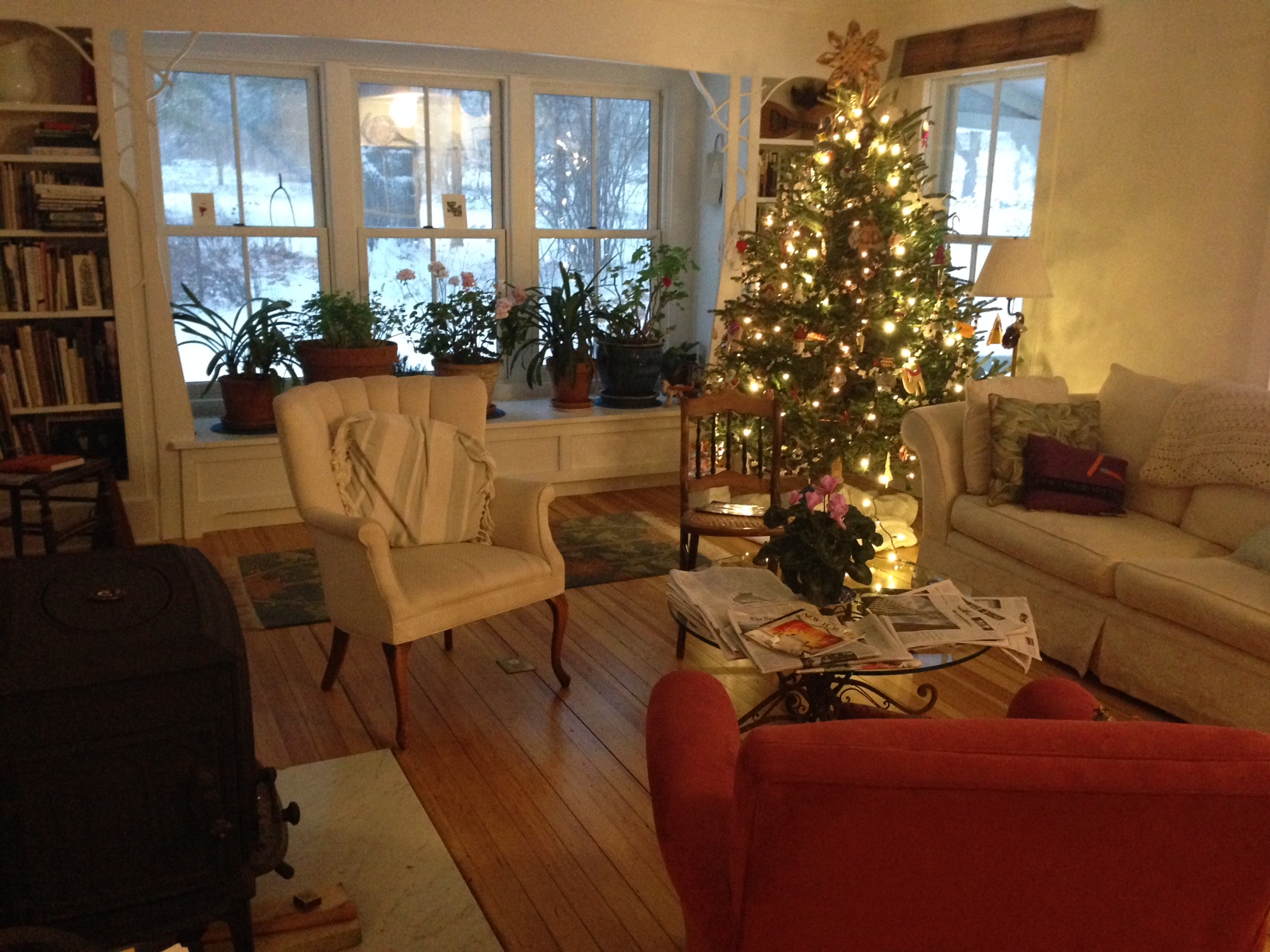
Partly, it’s because of that special snow hush, that preternatural silence. It’s the opposite of rain which is so much static. I mean, I love rain, but the sound of it can be overwhelming.
(Did you know that the reason dogs dislike rain is that it confuses their ability to track the direction of sound? On the other hand, even my dainty Chihuahua who will ‘hold it’ all day, refusing to go outside if the ground is wet, loves to whuffle in fresh snow.)
But snow… snow fills the space between words and music. It quiets the incessant electrical hum that is such a part of contemporary life. It stuffs itself into our unnoticed negative spaces, leaving only a clean, white background.
We don’t often get snow in the part of Texas where I live, so I have to rely on memory when I want to capture the experience of a snow day.
– I’m six and we live in Golden, CO, and my friends and I risk certain death careening down the snow-packed hill that forms the street we live on. Thankfully we never make it to the busy thoroughfare that is the first cross-street.
– I’m a seven-year-old in Colorado, coming home from walking my dog. Her poodle-paws are matted with ice and we’re both shivering, but my mother greets us with a warm towel for her, and a bowl of tuna with hard-boiled egg mixed into it for me.
– I’m seven or eight and I’m standing on the back porch, looking at the snow falling across the beam from the amber porch-light. Years later, I’ll be watching an episode of Star Trek: the Next Generation, and the image of the star field will cause me to utter, “That’s what falling snow looks like.”
– I am ten years old, and even though it was sixty degrees earlier in the day, a soft, slow snow has started outside. My mother and I are curled up on the couch, watching the Winter Olympics from Lake Placid. It’s a perfect weekend.
– I am twenty-four, and Fuzzy (my husband) and I are driving my belongings from California to South Dakota, where we’re about to start our life together. We get iced in, as well as snowed in, in Kearney, NE. My mother covers an extra night at the Best Western, and we spend the day watching cheesy movies, cuddling, reading, and just talking.
– I’m thirty-four, and it’s our first Christmas in Texas. My parents are visiting from Mexico, and we decide to hold an open house and meet the neighbors. A few days before the party, a light snowfall coats the neighborhood in frozen glitter, and Fuzzy and I walk through our snow-dusted neighborhood delivering invitations.
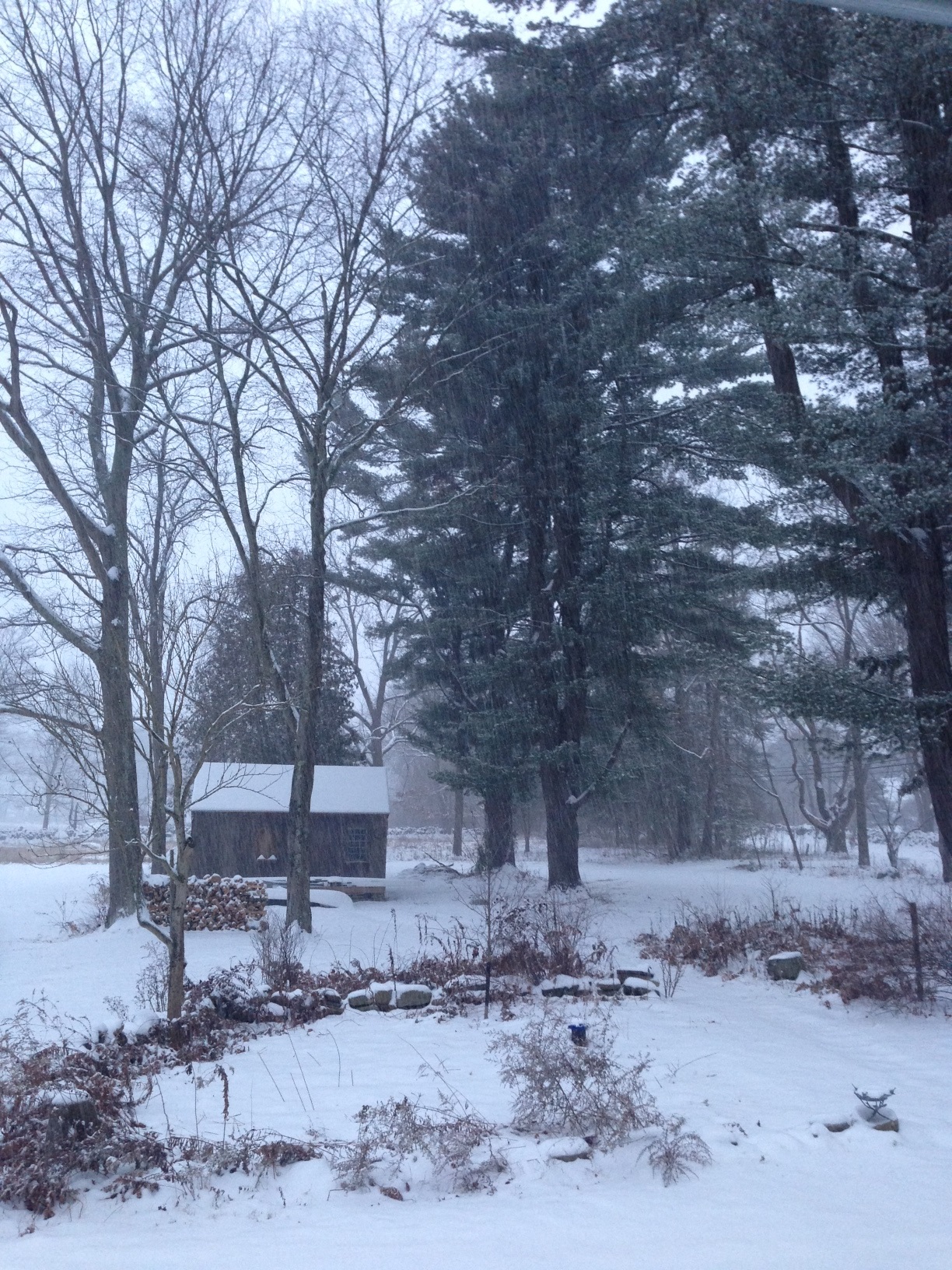
– It’s the year I will turn forty, and February brings a “snowpocalypse.” We have eighteen inches of snow, black ice, rolling blackouts, and a frozen pipe (miraculously, it thaws without bursting). We are also (apparently) the only people on our block who own a snow shovel (a remnant of that time in South Dakota).
It is that last snowfall in my list, the one in 2010, that stands out in my mind, because that’s the year I learned that snow has a sound I never expected.
For the first time, I heard the soft hiss that occurs when snowflakes meet the water in my (unheated, but still running) swimming pool. That sound, always reminds me of the way granulated sugar also hisses as it falls into a mug of steaming-hot black tea, but with an element of cold.
We’ve had some snow since then, of course, but most years it’s ‘technical snow’ – a few flurries whip around for an hour or two and then they harden into freezing rain or fade into a brittle gray sky. I’ve learned to appreciate those days for themselves, though. I put a log (DuraFlame, not real wood) on the fire, and enjoy the flickering heat for a few hours.
Some years, I re-read childhood books that have winter scenes, so that at least the landscape in my head looks like winter. The Lion, the Witch, and the Wardrobe with its opening scenes that take place in Deep Winter is a perennial favorite (always winter and never Christmas is a concept that lingers), but the book I always go back to is Laura Ingalls Wilder’s The Long Winter. It’s in that book that we see Ma create a ‘button lamp,’ and Pa come up with the idea of twisting hay into sticks to use as fuel in the wood stove. It involves some of the bleakest moments of all the Little House books, but it also includes some of the warmest and happiest.
Yesterday morning, I sat in my kitchen looking at the pictures of my auntie’s snow-covered environment.
Yesterday afternoon, as Fuzzy and I crossed a parking lot to enter a restaurant for lunch, it was a sunny, if blustery, day, with a temperature of roughly seventy-three degrees. When we left an hour later, the temperature had dropped to fifty and the sky had thickened. By midnight the thermometer read twenty-two.
We won’t get snow – the sky may be gray and heavy, but there really isn’t enough moisture, but the cold has its own magic. Snow hushes sounds, but wind sings mournful songs in the trees and whispers stories into the chimney. Gray weather lends itself to lamplight and endless mugs of hot tea whether it comes with powder or pouring.
I fell for snow when I was a child, and I fall for it over and over again when I see pictures or read books, but despite the special memories, I’m glad I no longer have to deal with slush footprints, soggy feet, or being so cold my chin-muscles go numb.
Well… mostly.
Photos by E. P. Klindienst. Used with permission.
About the author: Melissa A. Bartell
 Melissa is a writer, voice actor, podcaster, itinerant musician, voracious reader, and collector of hats and rescue dogs. She is the author of The Bathtub Mermaid: Tales from the Holiday Tub. You can learn more about her on her blog, or connect with her on on Facebook, Instagram, or Twitter.
Melissa is a writer, voice actor, podcaster, itinerant musician, voracious reader, and collector of hats and rescue dogs. She is the author of The Bathtub Mermaid: Tales from the Holiday Tub. You can learn more about her on her blog, or connect with her on on Facebook, Instagram, or Twitter.
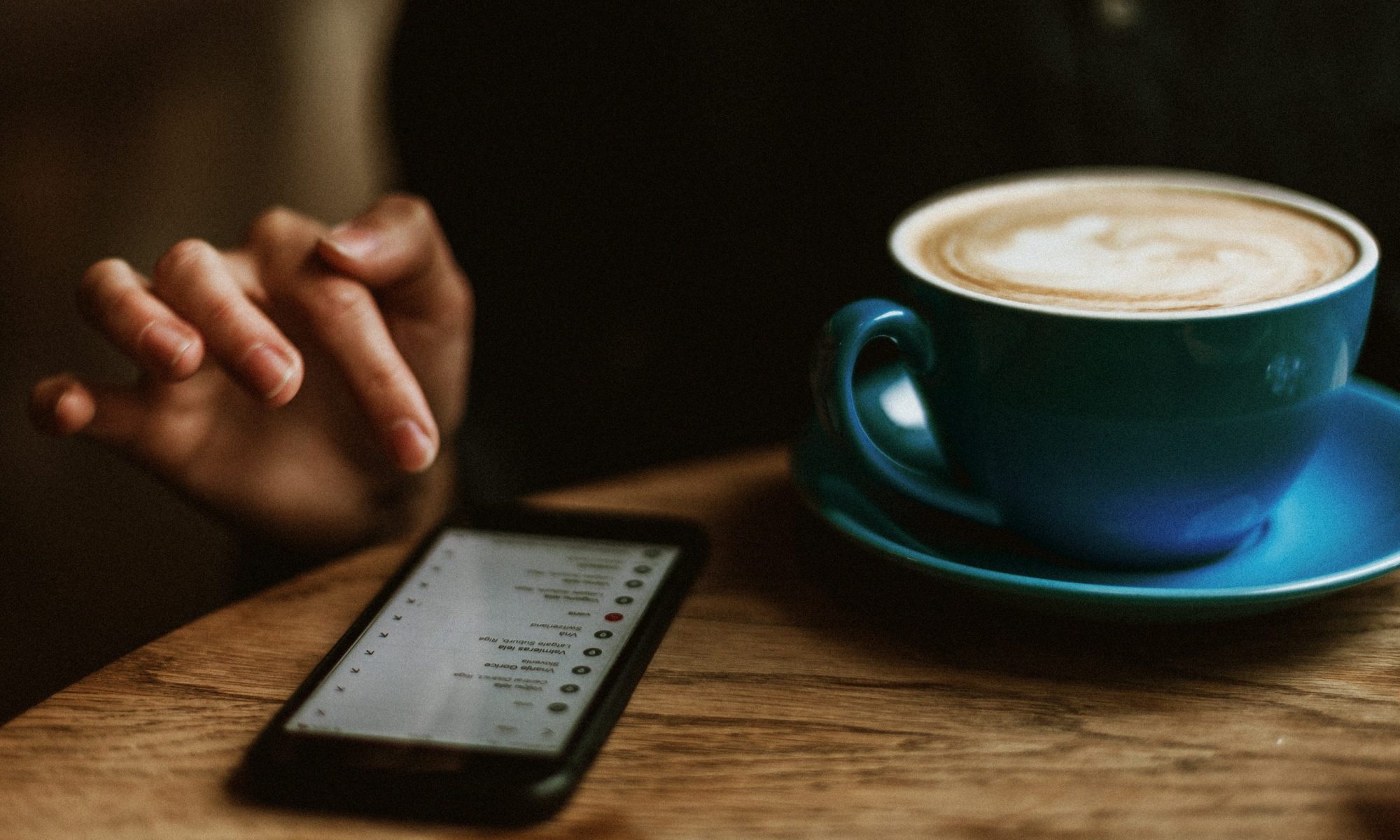
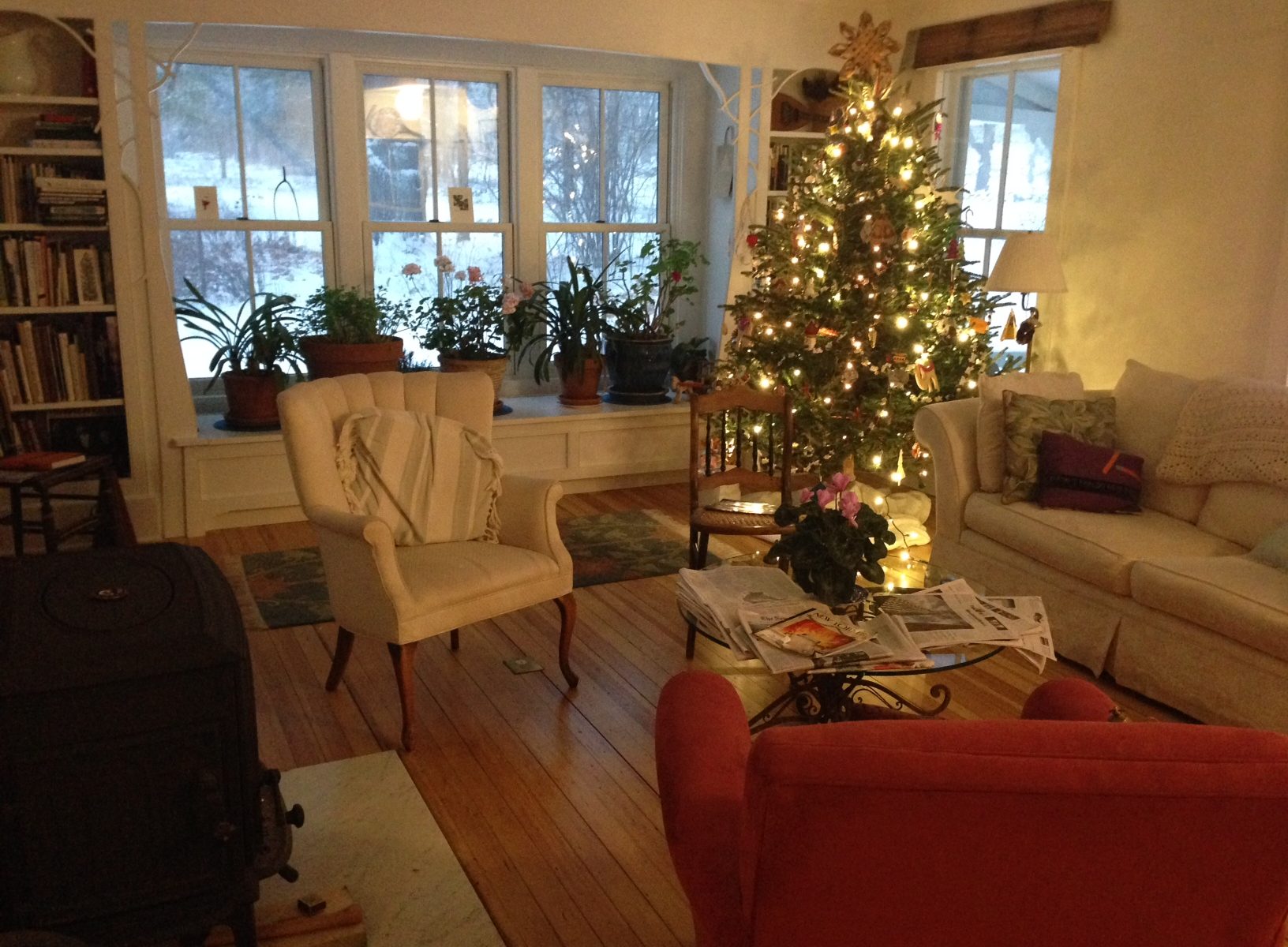
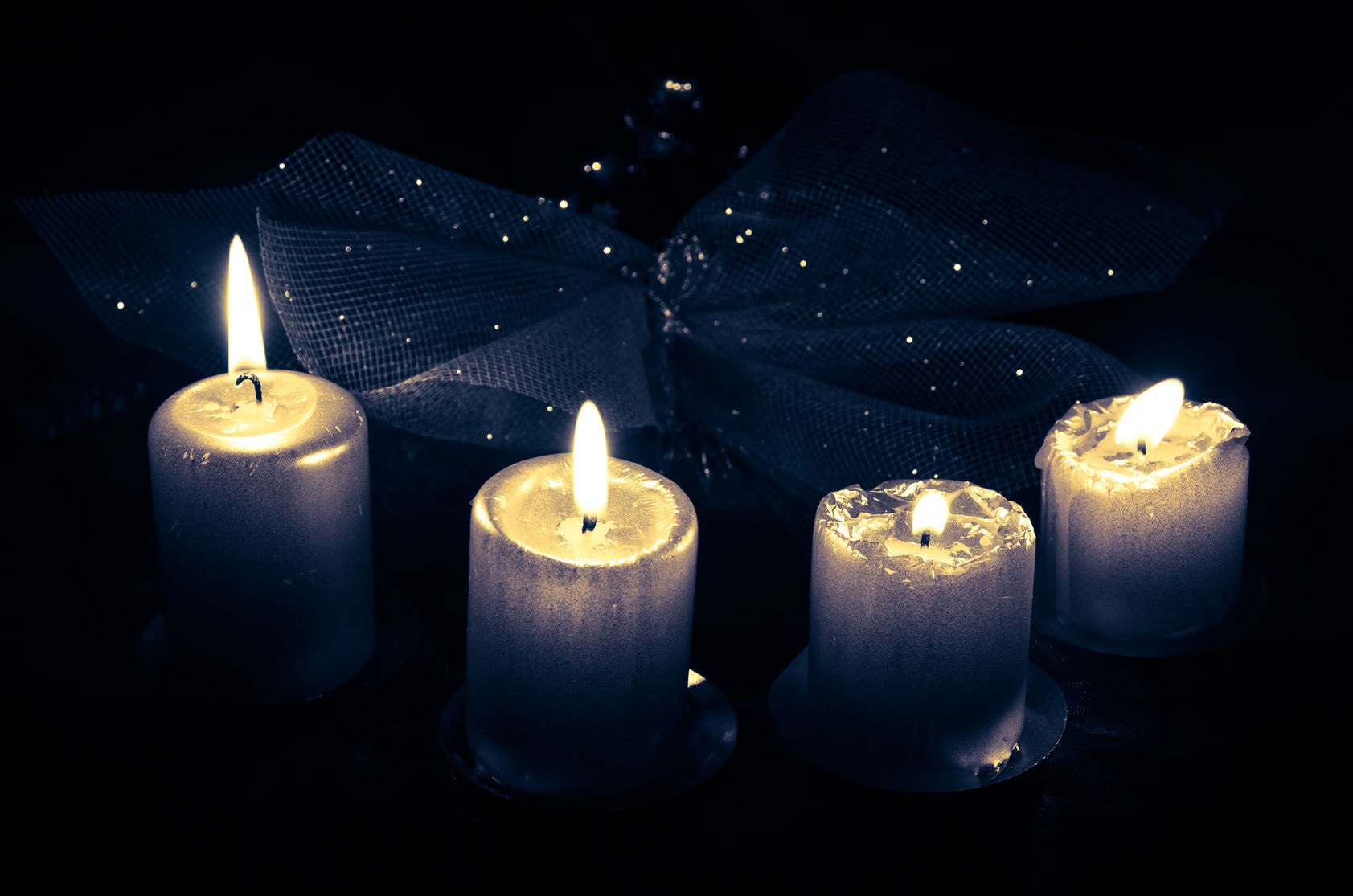

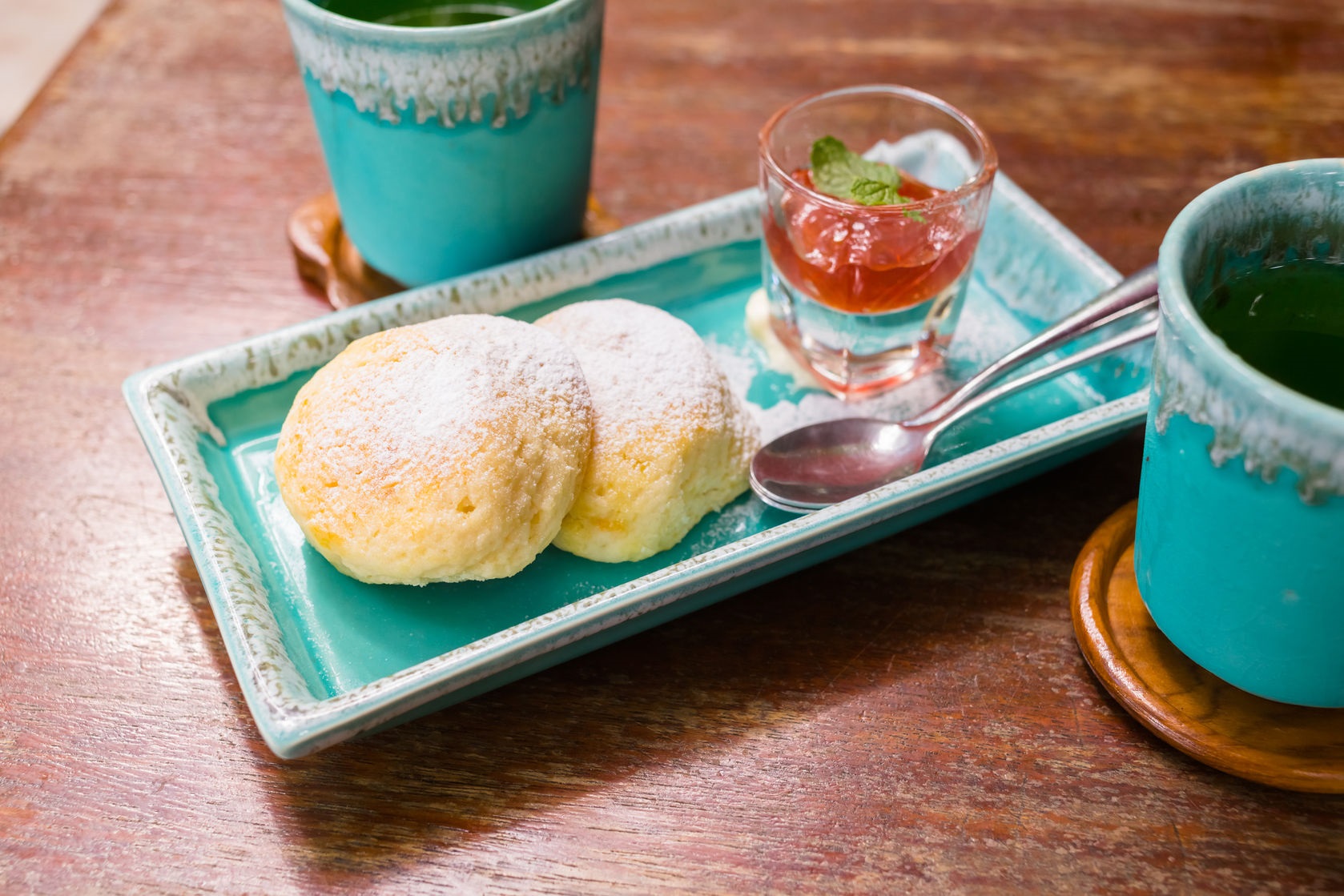
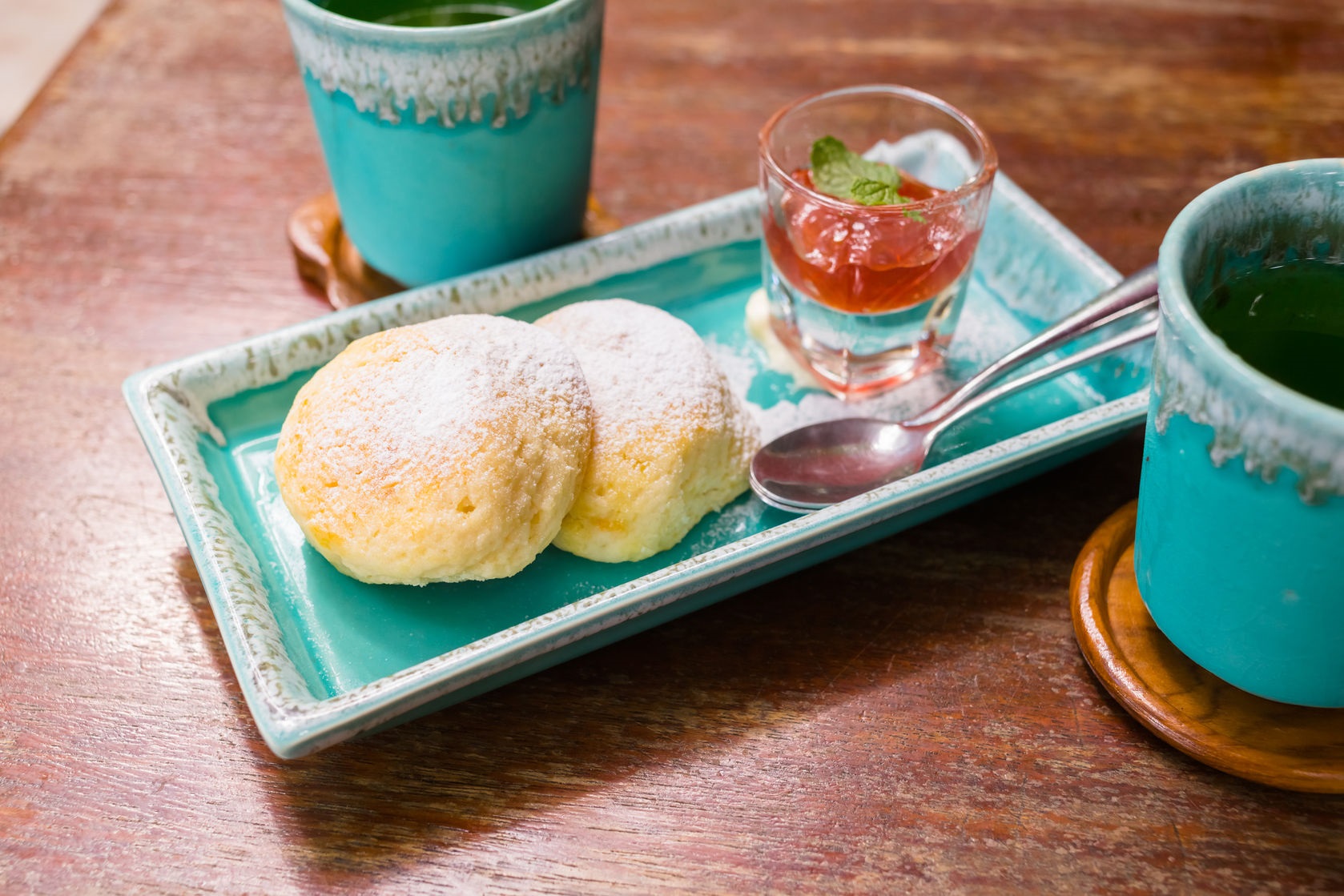
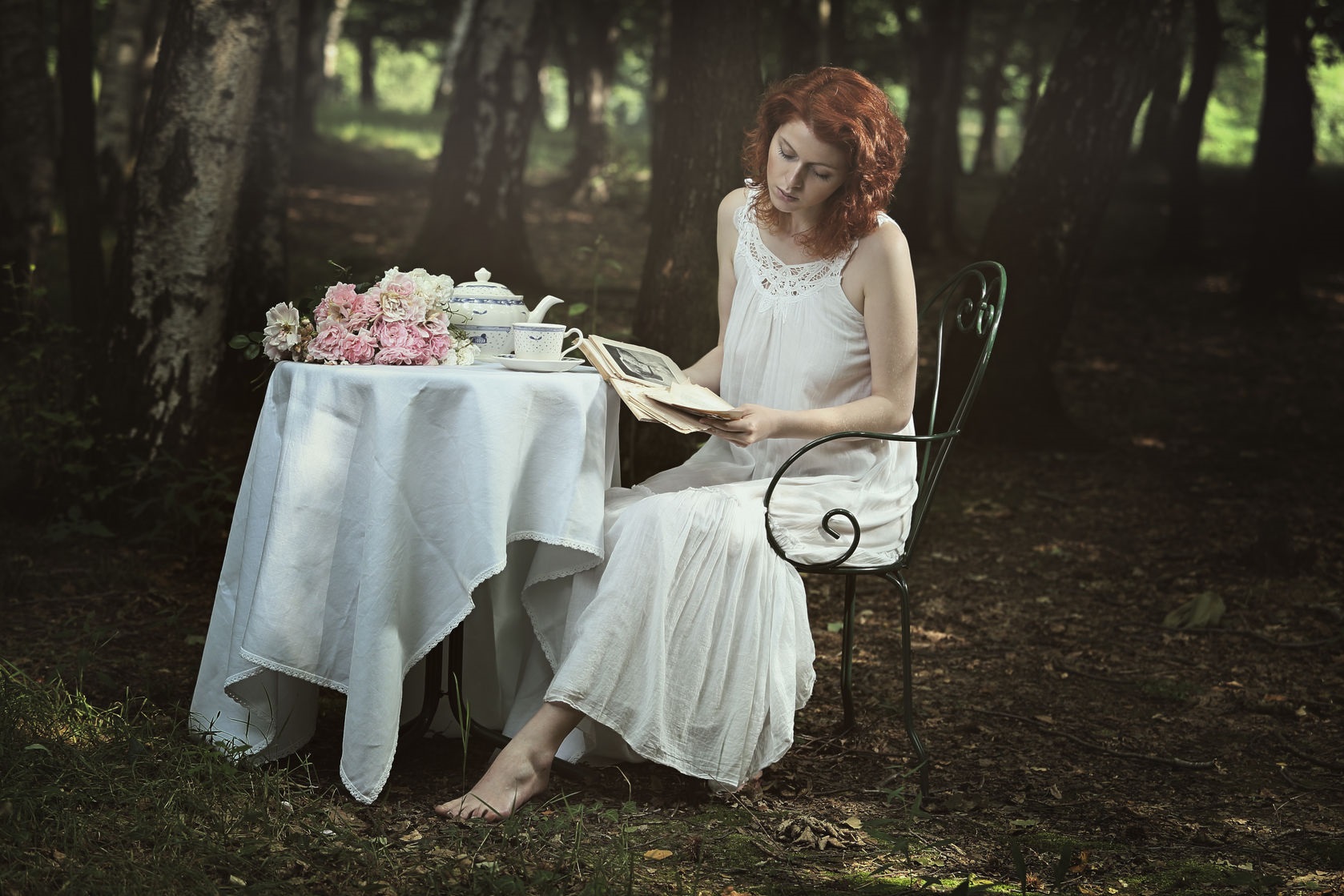

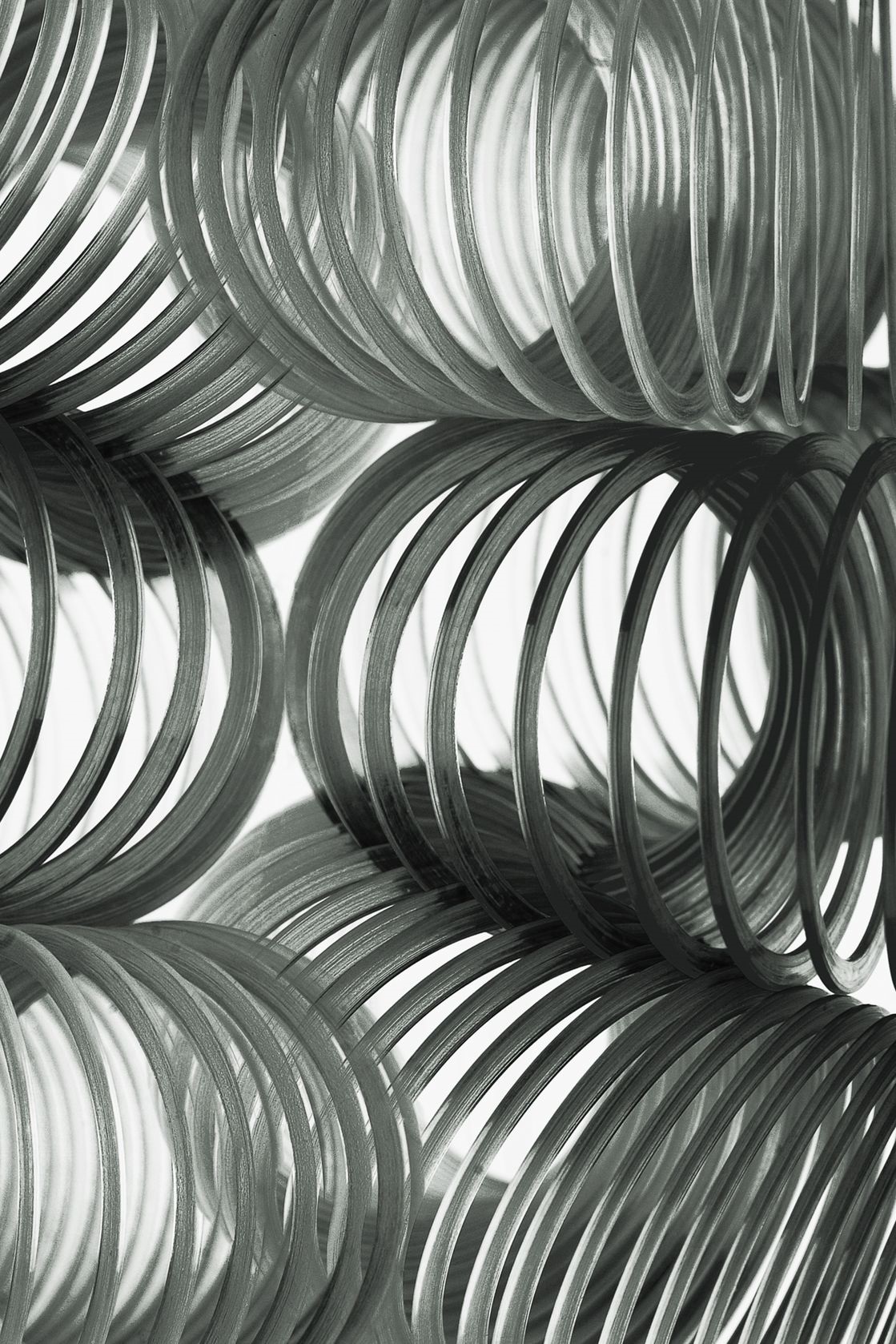 ring ghosts a lot lately.
ring ghosts a lot lately.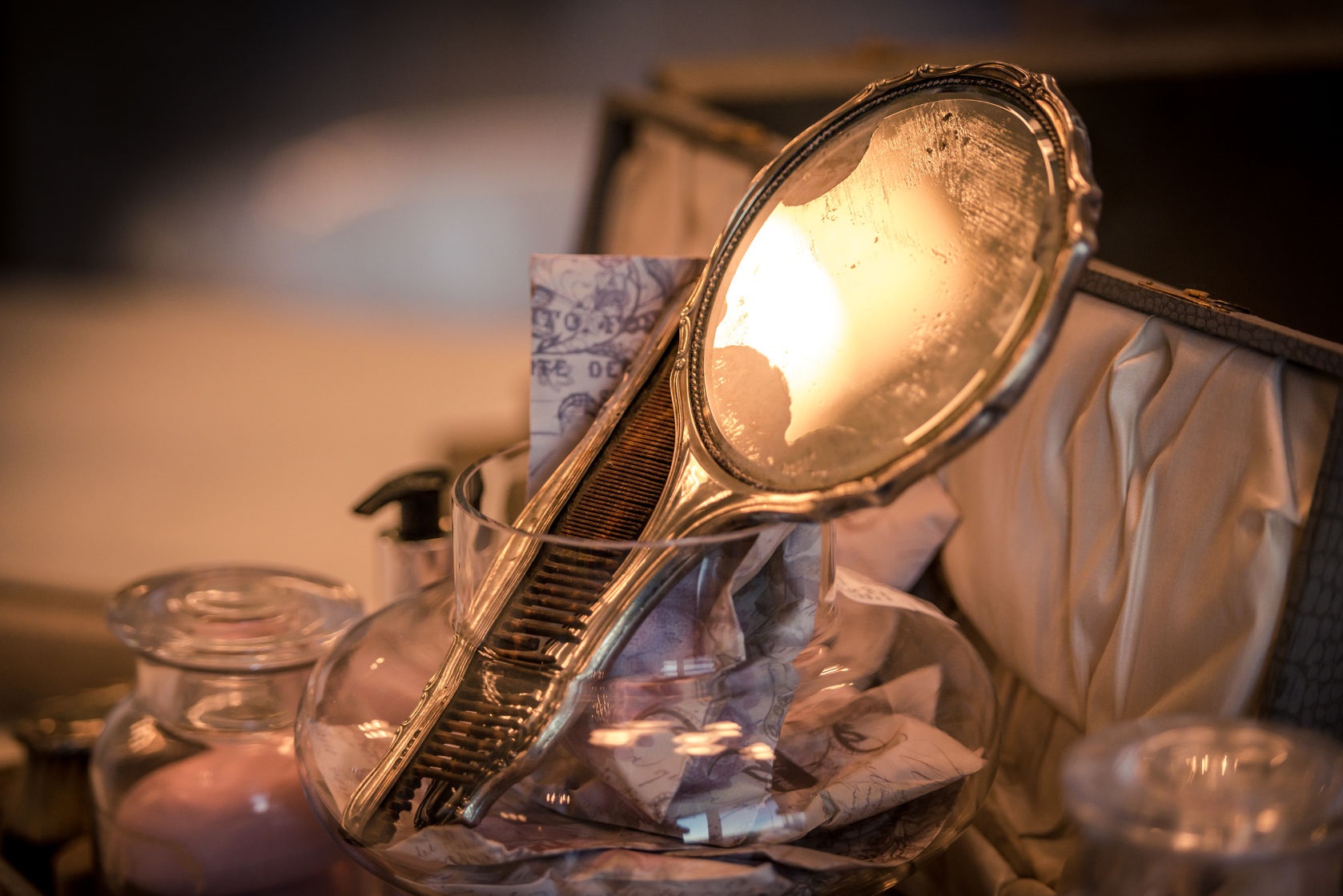 smartphones or tablets to produce entire audio productions.
smartphones or tablets to produce entire audio productions.